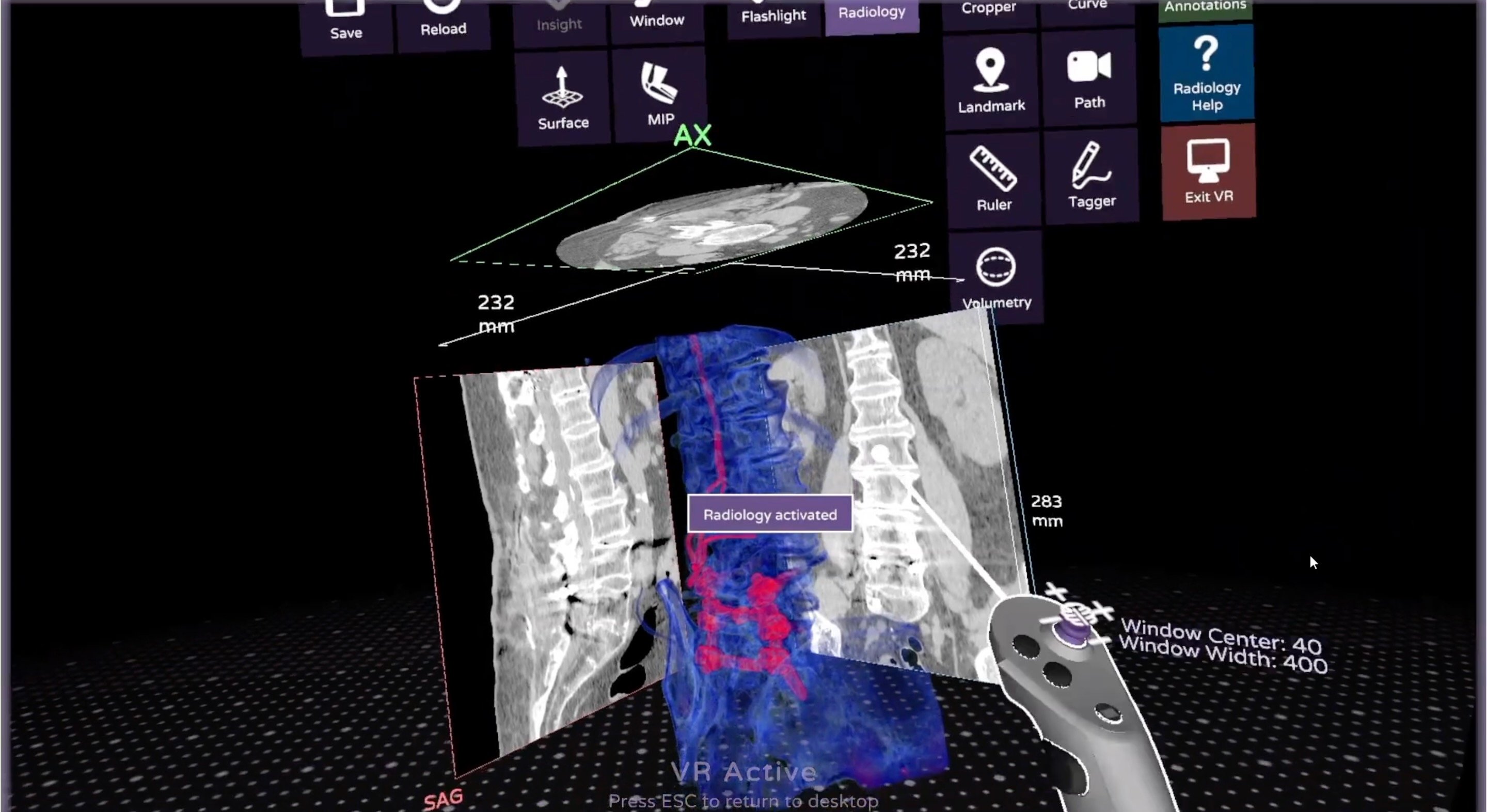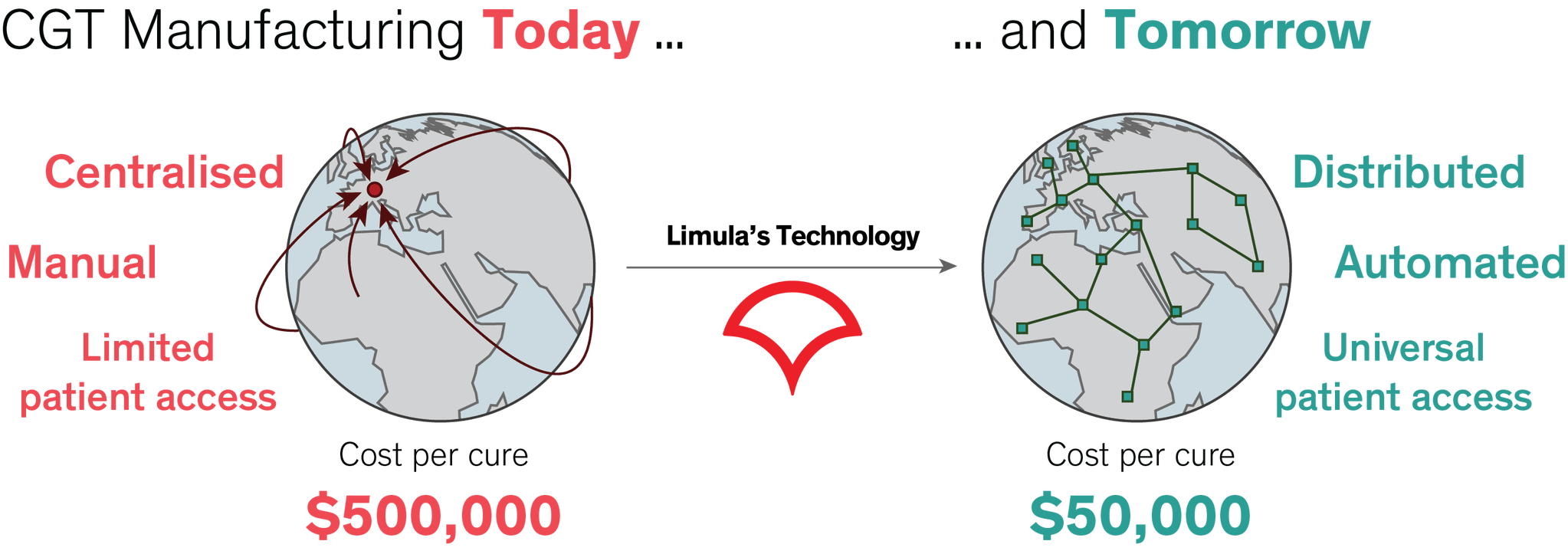Diagnosing and treating complex health conditions has plagued health professionals forever. In response, we’re in an era of personalised or precision medicine, an approach which endeavours to tailor preventative and treatment strategies to a person’s unique characteristics, such as their genetics, co-existing health conditions, and environment.
Technology plays a crucial role in advancing personalised medicine, with biomedical and healthcare startups at the forefront of driving innovation and changing the future of medicine.
Here are just a few of the life-changing startups:
Avatar Medical (France)
Avatar Medical creates real-time ED patient avatars to help clinicians and surgeons visualise medical images.

The company’s VR solution helps surgeons better prepare their procedures by interacting with an ultra-fluid, photo-realistic VR representation of their patient’s medical images.
The solution is beneficial for understanding complex biological structures to help avoid mastectomies, shorten the operating time for reconstructive surgeries and inform hardware selection. Use cases include vascular, orthopaedic, and head and neck surgery.
The company has raised €1.2 million in funding over three rounds.
Biomesight (UK)
Biomesight is an AI-driven wellness analytics platform primarily focusing on the gut microbiome.
Over the past two decades, researchers are exploring the gut microbiota for potential gut microbe–host interactions, including the impact on metabolism, immune, and neuroendocrine responses.
The Biomesight test provides a snapshot of the gut microbiome utilising 16S rRNA sequencing technology. This is then interpreted against recommended ranges for a subset of key bacteria (Probiotics, Commensals and Pathogens) and combined with other metrics to offer personalised recommendations for diet, prebiotic supplements and lifestyle adjustments.
The company also collaborates with external research projects, giving research participants access to its platform free of charge.
Strike Pharma (Sweden)
Founded in 2020, Strike Pharma has developed proprietary Adaptable Drug Affinity Conjugate (ADAC) technology to take precision medicine to a new level. This makes it possible to create truly individualised immunotherapeutic treatments based on the genetic profile of a patient’s tumour.
Personalised genetics can increase therapeutic efficacy, and reduce dosage levels, thereby minimising the risk of side effects.
FORMEL Skin (Germany)

FORMEL Skin is a dermatological telemedicine company based and founded in Berlin. It helps people treat skin problems such as severe acne and neurodermatitis.
Patients complete a questionnaire and upload photos of their skin concerns.
From here, a skin doctor is assigned a case, evaluates the provided data, and recommends a course of treatment. Formel’s pharmacy produces the customised treatments and then ships them directly to the patient every month.
The company has raised €35 million in funding over four rounds.
Limula (Switzerland)
Limula is changing the treatment of cancer. Its focus is CAR T-cell therapy and other Cell and Gene Therapies (CGT). In this new treatment modality, ‘living drugs’ are made from the patient’s own immune cells, genetically modified ex vivo for the targeted killing of tumour cells.
However, currently, personalised treatments are largely inaccessible due to cost.

In response, Limula is developing a platform that automates the most challenging aspects of manufacturing to enable the affordable production of personalised Cell and Gene therapies. allowing rapid and safe production of treatments.
Lucero Bio (Sweden)
Lucero was founded in 2020, calling itself “a bioconvergence company that weds synergistic technologies from the fields of microbiology, laser optics, AI, and microfluidics.”
The company is working to tackle key challenges surrounding 3D-cell-culture handling, miniaturisation, and assay preparation in early-stage pharmaceutical drug discovery processes. This will accelerate the discovery of the next generation of personalised drugs and treatments.
Lucero’s platform will enable pharmaceutical companies to use 3D cell cultures at scale reliably, making faster pipeline decisions and accelerating promising candidates to the clinic.
The company received €1.2 million in funding in 2022.



Would you like to write the first comment?
Login to post comments